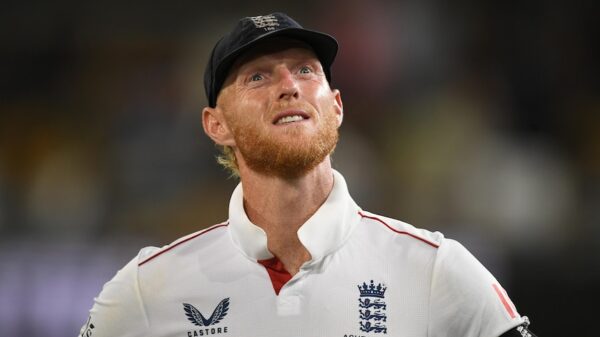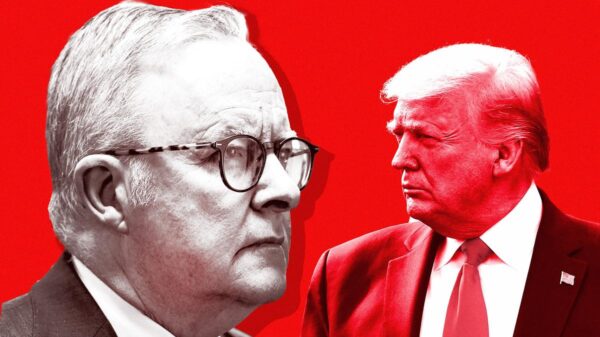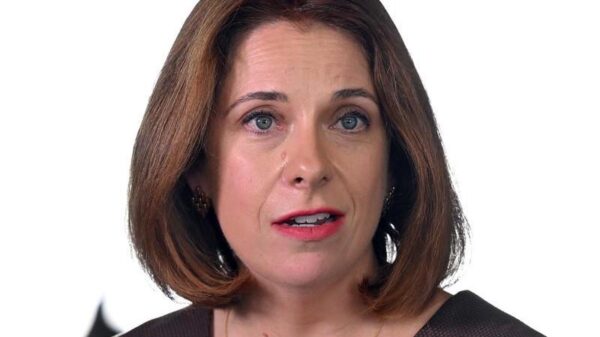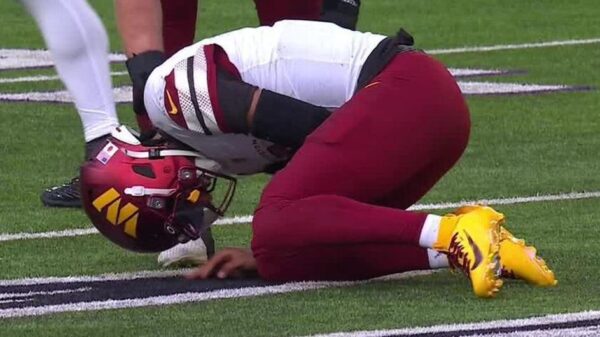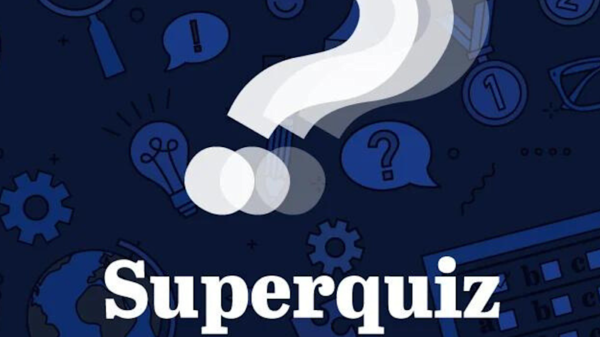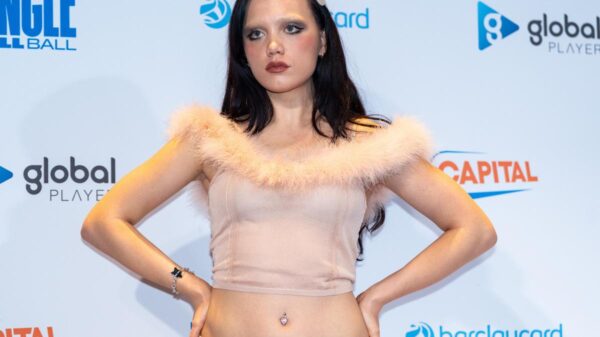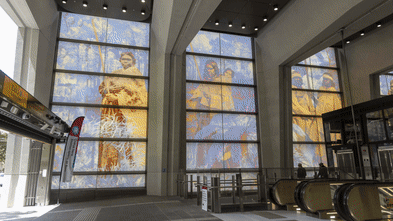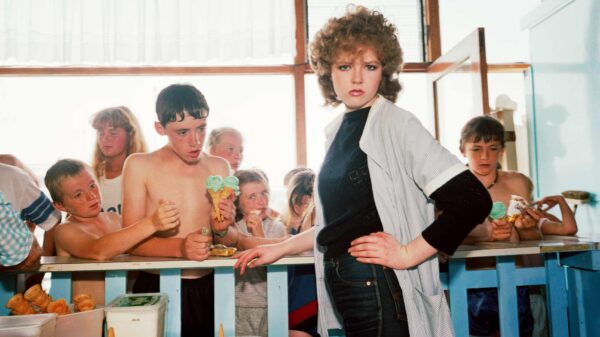UPDATE: The term “Gen Z stare” is trending on social media, sparking intense discussions about a supposed cultural shift among young people aged 13 to 28. This week, users are sharing videos and memes that showcase a blank expression often observed among Gen Z, particularly in retail settings. The phenomenon has gone viral, with many questioning whether this stare signifies deeper societal issues or is merely a meme-driven critique of younger generations.
As of October 25, 2023, authorities and experts are weighing in on the implications of this behavioral trend. Some argue that the Gen Z stare reflects a growing indifference among young people shaped by unprecedented challenges, including the pandemic and economic instability. “We stare when you don’t understand common sense,” explains Caleb Worley, a TikTok creator who has explored the meaning behind this phenomenon.
The focus is particularly on interactions between customers and service workers, with some suggesting that the stare is a response to the pressures faced by entry-level employees. Forbes has gathered insights from various generational experts, but many remain skeptical about the validity of these claims. Critics note that the discourse surrounding the Gen Z stare resembles age-old complaints about younger generations, rather than a legitimate behavioral diagnosis.
What makes this trend compelling is its emotional resonance. Many Millennials, now aged 29 to 44, express feelings of envy and frustration towards Gen Z, echoing sentiments from decades past about youth behavior. “Why can’t they be like we were?” could easily be a line from today’s social media debates, highlighting the cyclical nature of generational criticism.
As the conversation continues, it’s essential to consider the broader context. Young people today are navigating a world fraught with uncertainty—from soaring student debt to job market instability. For many, a blank stare may not just reflect disengagement but a profound sense of absurdity about their circumstances.
Moving forward, social media users are encouraged to share their perspectives. The Gen Z stare may not be a significant cultural shift, but it raises critical questions about empathy and understanding across generations. As the dialogue unfolds, it’s clear that the Gen Z stare is not just a fleeting trend; it’s a reflection of deeper societal dynamics that resonate with us all.
Stay tuned for more updates as this developing story continues to capture the internet’s attention. How will this cultural commentary evolve, and what does it mean for future interactions between generations? Keep an eye on social media for the latest reactions.









